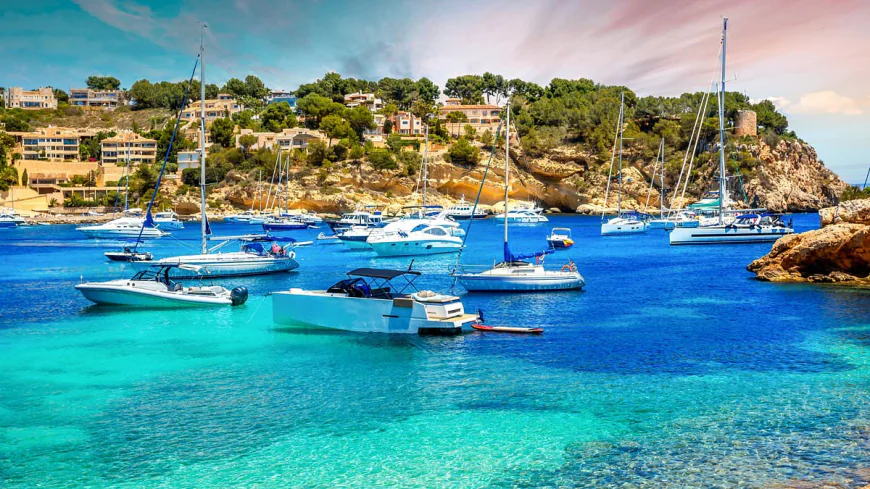Hospitality Strike Set to Disrupt Hotels Across Spain’s Balearic Islands This July
Spain’s Balearic Islands face major tourism disruption in July as 180,000 hospitality workers plan strikes demanding wage hikes and better conditions.

Mallorca, Spain – June 23, 2025: One of Europe’s most visited tourist regions is facing a major crisis this summer. Over 180,000 hospitality workers across Spain’s Balearic Islands — including Mallorca, Ibiza, Menorca, and Formentera — are preparing to go on strike starting July 10, 2025. The strike, planned during peak tourist season, could severely disrupt hotel services, restaurants, bars, and beach resorts.
What Sparked the Strike?
The hospitality unions are demanding:
A 16% wage increase over the next three years
A reduction in the workweek to 35 hours
Better working conditions and guarantees on staffing ratios
The employers, however, have only offered an 11% raise over three years, which the unions have rejected as insufficient. Talks between the two sides have broken down, and the unions have announced a calendar of rolling strike dates throughout July 2025.
The strike is expected to include workers from:
Hotels and resorts
Restaurants and cafés
Cleaning staff and kitchen workers
Support and admin roles across hospitality properties
Why This Is a Big Deal
The Balearic Islands are Spain’s most tourism-dependent region, welcoming over 16 million visitors annually. July is the peak of the summer season when hotel occupancy rates often exceed 90%. A strike of this magnitude would:
Cause widespread delays in hotel check-ins and housekeeping services
Disrupt restaurant and room service operations
Force hotel managers to reduce bookings or operate with limited staff
Damage the visitor experience, especially for high-paying international tourists
Analysts estimate that the strike, if prolonged, could cause tens of millions of euros in revenue loss and a potential dip in tourist satisfaction ratings — affecting return visits and regional reputation.
Rising Anti-Tourism Tensions
The labor strike is unfolding against a backdrop of rising anti-tourism sentiment in Spain. In recent months, residents across Mallorca and Ibiza have protested against mass tourism, citing:
Overcrowding in coastal towns
Soaring housing costs due to short-term rentals
Environmental degradation of beaches and natural spaces
Strain on local infrastructure and water supply
While the hospitality sector remains crucial to the Balearic economy, workers argue that their wages haven’t kept up with inflation or rising workloads. “We are the backbone of this economy, but we are being underpaid and overworked,” one hotel housekeeper in Ibiza told local media.
What Happens Next?
If no agreement is reached by early July, the first wave of strikes will begin on July 10. Hoteliers are preparing contingency plans, such as:
Hiring temporary staff
Reducing guest services
Offering limited housekeeping on alternate days
Informing guests in advance about possible service delays
Some luxury resorts may be better equipped to handle the impact, but smaller hotels and family-run businesses could face severe operational challenges.
The government’s tourism and labor departments have urged both sides to return to negotiations and avoid a disruption that could damage the region’s image just as international travel demand is rebounding.


